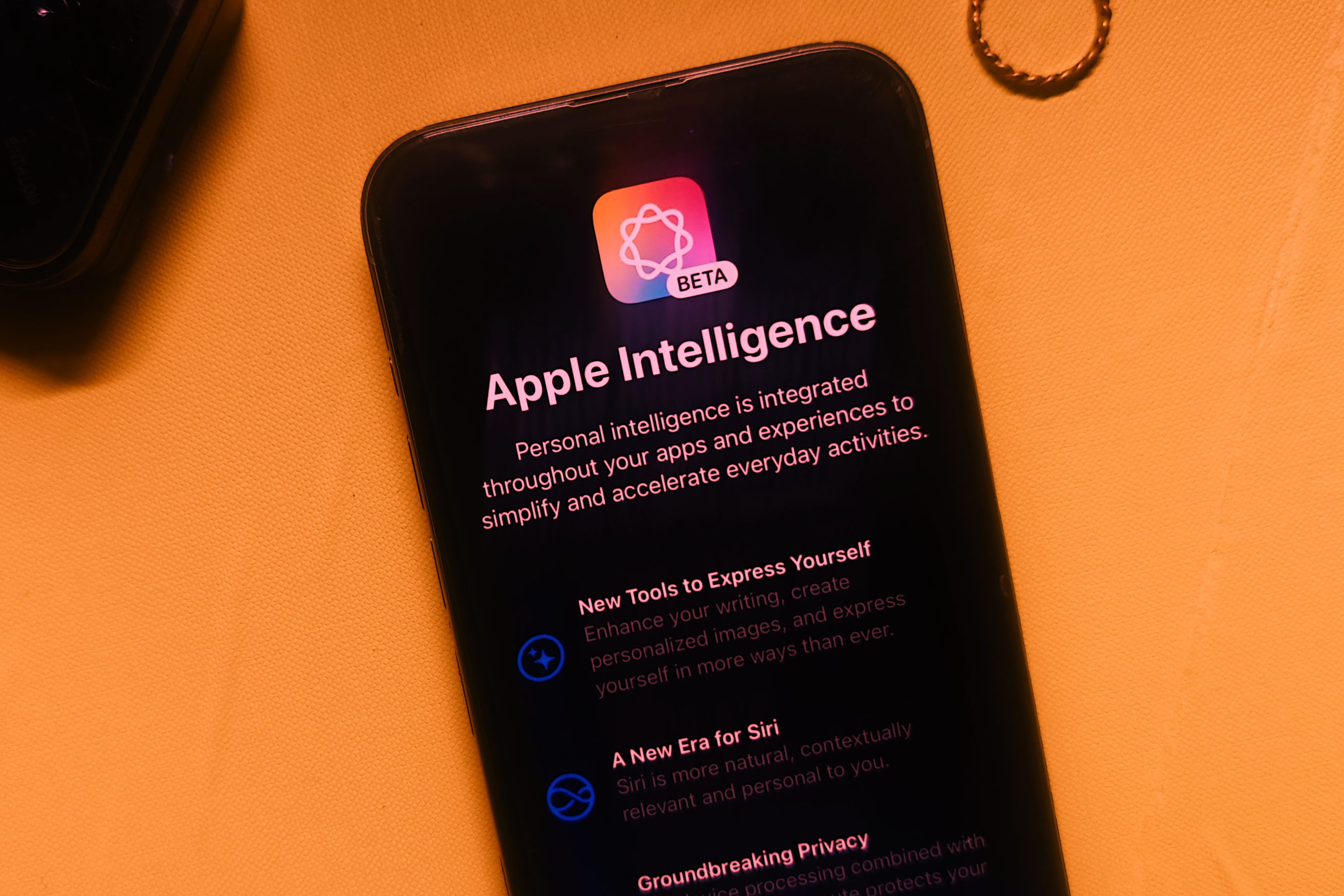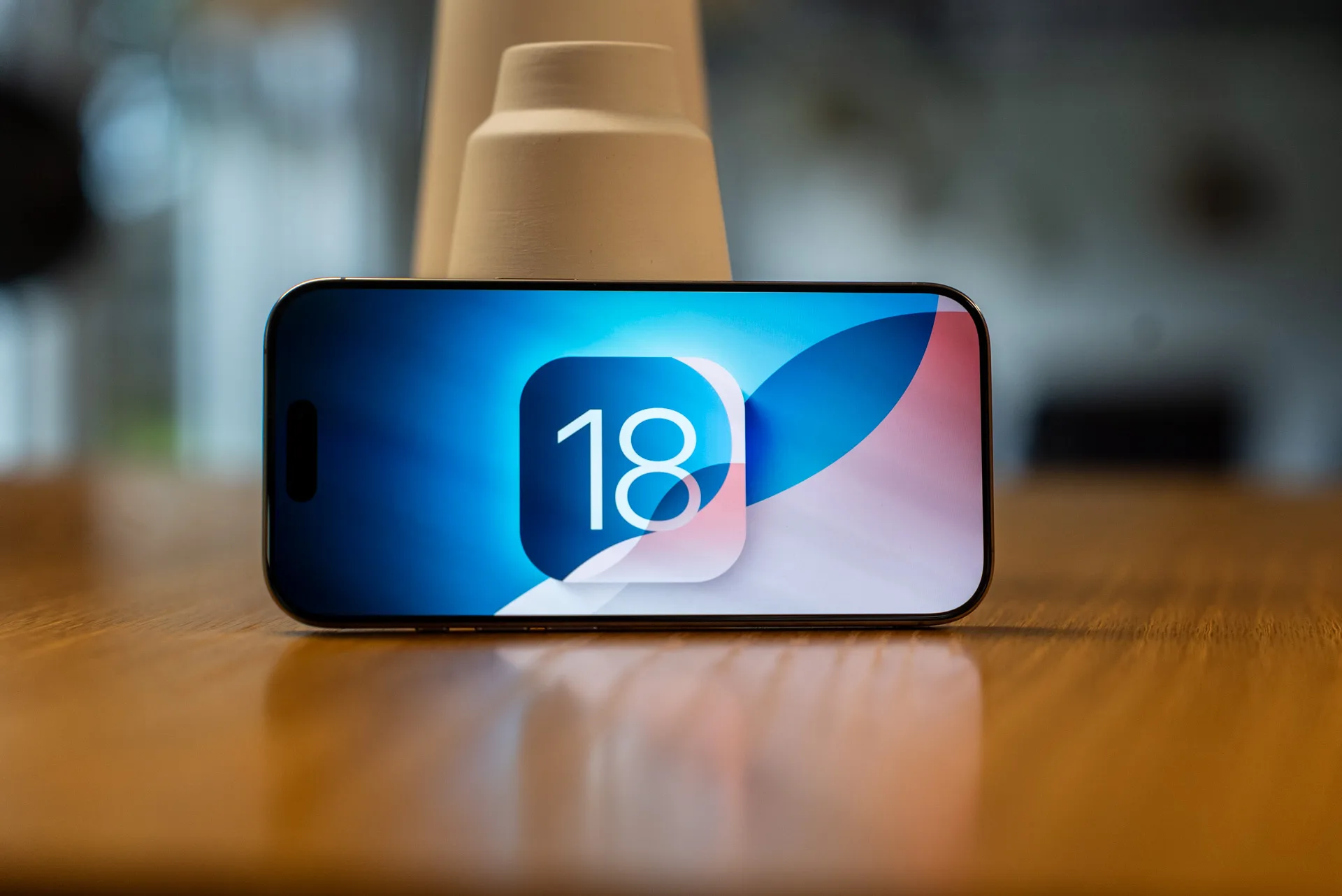This year, Apple made its mark in the AI field with the introduction of Apple Intelligence. However, 2024 also saw a more gradual rollout of feature updates than anticipated, and 2025 may continue this trend.
Bloomberg reports that several features originally slated for the iOS 19 update have been postponed. Notably, an upgrade to Siri, which would enhance its conversational abilities, has been delayed until Spring 2026.
According to the same report, a surprisingly large number of features initially planned for inclusion in iOS 19—beyond just the new Siri—are now set to be released in spring 2026 with the iOS 19.4 debut. This pattern aligns with Apple’s recent history of rolling out new features during the iOS 18 cycle.
Just weeks after the WWDC 2024 conference in June, it was indicated that Apple had pushed back several promising features related to Siri and Apple Intelligence. Some anticipated functionalities, including third-party app integration, have yet to be introduced and are expected next year.

A senior Apple executive, in a conversation with The Wall Street Journal, mentioned that the company is adopting a careful strategy when it comes to rolling out features in the Apple Intelligence ecosystem.
“You could release something prematurely and end up with a chaotic result. Apple’s philosophy is more about ensuring each component is polished before launching it,” stated Craig Federighi, Apple’s Senior Vice President of Software Engineering.
Unlike its competitors like OpenAI’s ChatGPT or Google’s Gemini, Apple Intelligence has not experienced the same problematic issues. Generative AI models often face challenges such as creating false information and erratic behavior, which Apple seems keen to avoid.
An experiment with Google’s Pixel Studio app revealed some concerning outputs, such as an inappropriate SpongeBob image with a Nazi theme. My own experiences with platforms like Gemini and ChatGPT have ranged from disappointing to downright absurd.

The well-known error-prone nature of generative AI may explain Apple’s hesitance to fully dive into artificial intelligence integration in its software. Thus far, Apple Intelligence seems to be focusing on simpler, less risky applications rather than pursuing high-stakes, ambitious goals.
Conversely, Apple risks falling behind in the race with its competitors. Companies like Google and Microsoft have already embedded their AI technologies into widely used applications like Workspace and Office 365, along with various integrations at the operating system level.
We are still several months away from unveiling what Apple has in store for iOS 19. Moreover, many features from iOS 18 that were highlighted at Apple’s annual developers’ conference are still pending their public release.
As for competitors, Google is gearing up to showcase its significant innovations around the same time as Apple. The search giant has already launched the first Developer Preview of Android 16 and aims to achieve platform stability in the first half of the year.
This doesn’t necessarily imply that Google intends to overshadow Apple’s prominent June announcement for yearly software updates. However, with delays affecting Apple’s feature delivery, Google has an opportunity to impress smartphone enthusiasts with new software capabilities before Apple takes the stage.





